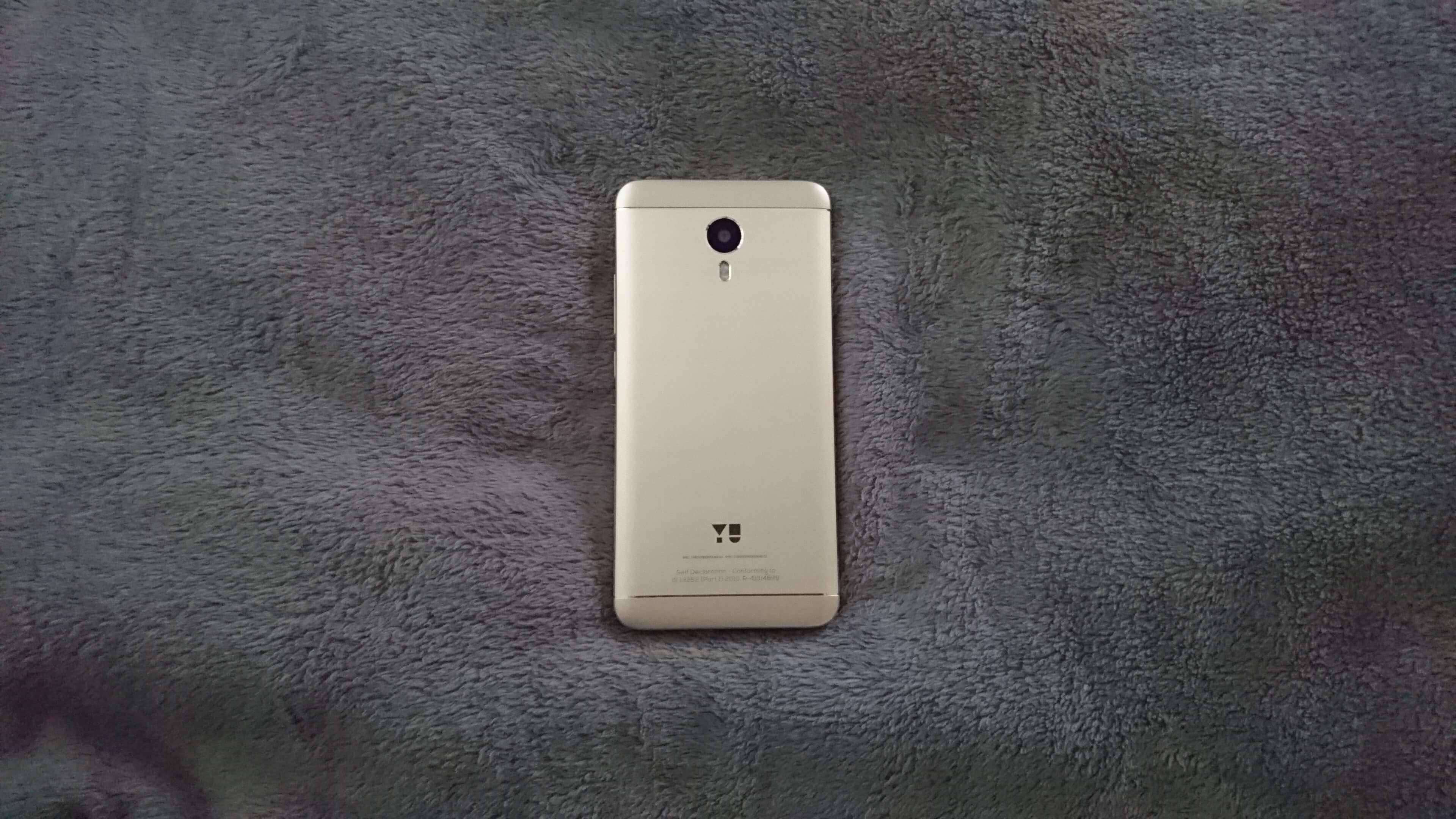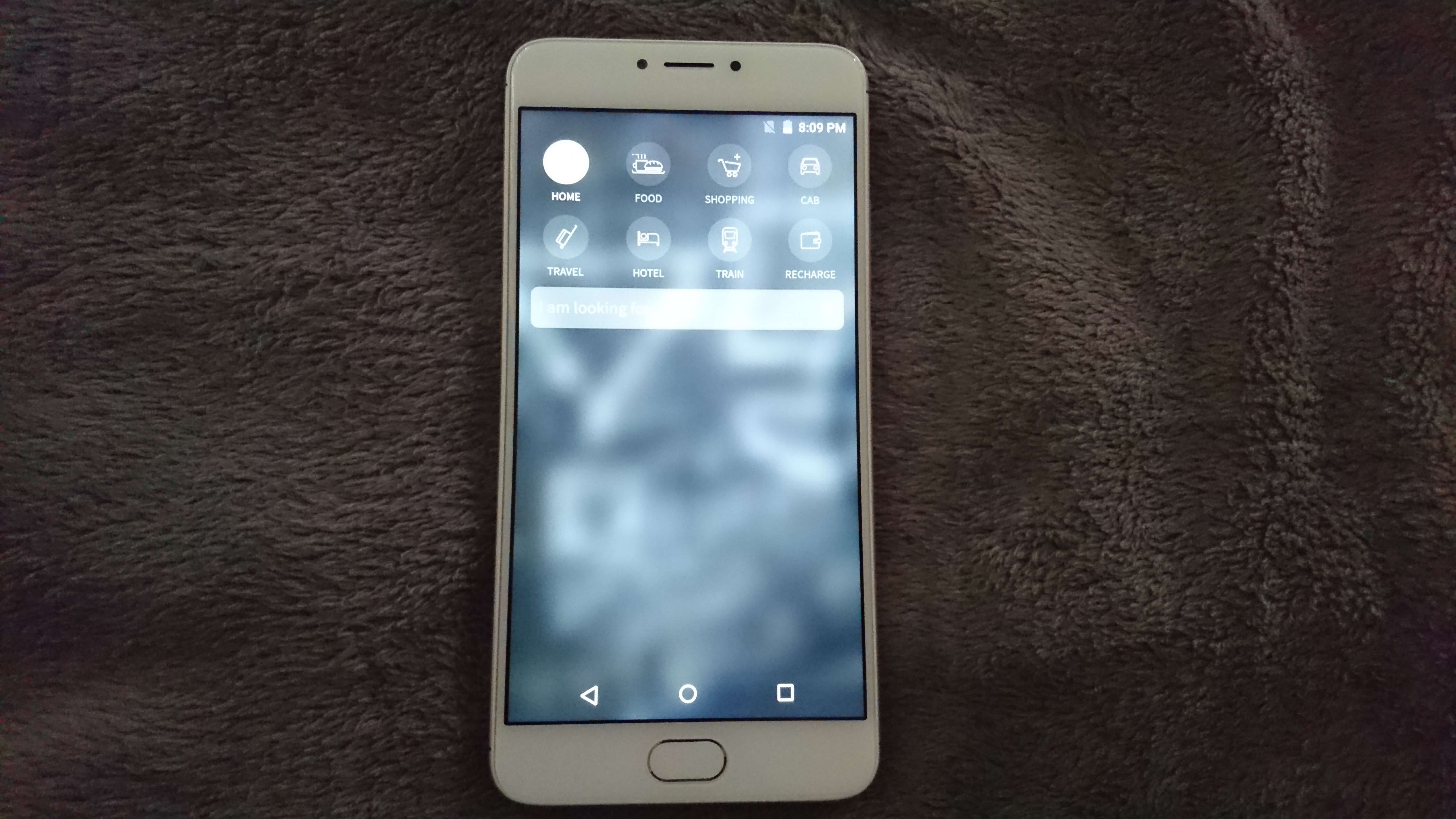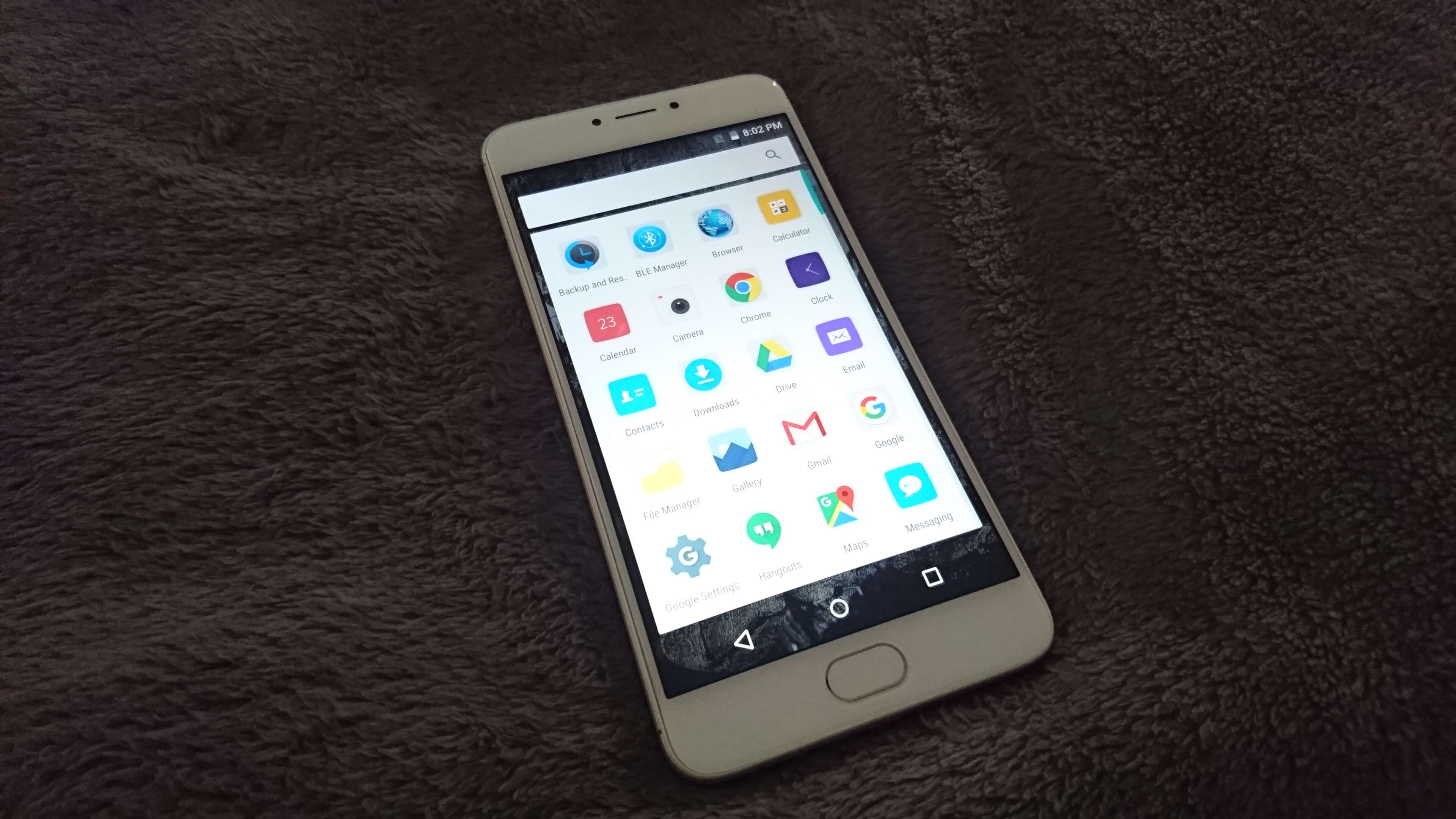Micromax-backed YU promised us a flagship this year. And with the launch of its recent flagship, the Yunicorn, our hopes were pretty high. At the launch event, we were given high hopes about the device. Distinctly remembering the words of YU's CEO, Rahul Sharma, who touted that the Yunicorn brings the most wanted changes that every user has been looking for. To recap, YU made a similar promise for the Yutopia as well, but it failed to live up to it. Now, with Yunicorn we were expecting a lot of improvements. Keep reading to know if the Yunicorn managed to live up to the "redefining flagships" claim by YU.

For starters, as soon as I got the review unit of YU Yunicorn, I couldn't get past its stark resemblance with the Meizu m3 Note. The device feels fine to hold but fails to live up to the "flagship" claim. Most of the recently launched smartphones that fall under the 15k category are either too good for their pricing or too mediocre. In the case of Yunicorn, given its specs, the device performs decently. Comparing it to the LeEco Le 2, the device lags behind.
The Yu Yunicorn comes powered by a 1.8GHz octa-core MediaTek Helio P10 chipset clubbed with 4GB of RAM and 32GB of internal storage. Given these specs, we were expecting the device to perform better than our teensiest bit of expectations.

Even though not many of the experts believe in benchmarks, but I would like to bring this to light that the Yunicorn scored 33,911 on the chart while its closest rival, the LeEco Le 2 performed brilliantly with a score of 80,811. We are not supporting the LeEco Le 2 and neither do we have any favoritism for the device, but these scores do say a lot about both the devices. It is also noteworthy to explain that the major difference between these two smartphones is the chipset that powers them. The Yunicorn is powered by a MediaTek Helio P10 with Mali-T860MP2 GPU while the LeEco Le 2 comes powered by a Qualcomm Snapdragon 652 with Adreno 510 GPU. This difference also marks the base between the disparity in the performance of the two devices.
Performance
Smartphone users have different ways of using the device. Some of the users would completely test the device by using every feature onboard - right from gaming to watching movies, editing documents and what not. While the other set of users would just use the device for basic functions such as WhatsApp, Calling, e-mails, Facebook, and much more. For the ones who fall into the former category, you would not be impressed by the gaming performance of the Yunicorn.

There is a lot of stuttering when playing games, we noticed falling of frame rates while playing the Asphalt 8 on the device. It is not an acceptable flaw as Yunicorn's competitors do a better job in terms of gaming. Coming on to the other functions, while using Chrome browser, we noticed unexpected lags. The same goes for switching between the apps, a phone with a tagline "redefining flagships" should have a smooth transition when it comes to functions such as switching between apps or using Chrome. The device would not even suit the ones who just want to browse or use trendy apps.
Camera
The Yu Yunicorn features a 13-megapixel Omnivision PureCel OV13853 rear camera with dual-LED flash, f/2.2 aperture lens, and 1080p recording capabilities. I went around with the device to click pictures in the bright daylight, although the pictures look fine but when you zoom in a little, you would see that the sharpness level is not good. This could be accompanied by a lack of contrast as well. The camera app works fine, but there is nothing over the top about it too. The front camera is also mediocre except for a few features such as Picture in Picture, but even that starts to bore after a few clicks.

For those who want a good camera smartphone under 15k category, Yu Yunicorn might not impress you.
Here are the camera samples:
Battery
Battery performance is where the Yunicorn comes up as a winner. The device has an extremely powerful battery backup. With 4000mAh of power, the battery does a swell job. It lasted for 1.5 days on a single charge and extensive usage. I used all the apps and functions on the smartphone, which also included navigation of 40 minutes. The Yu Yunicorn lasts longer than the Redmi Note 3.
Display, UI “Android on Steroids”, and Design
The 5.5-inch display of the Yunicorn is fairly decent and performs fine under the sunlight. The viewing angles are also fine and I don't see any glitch in the display segment. Watching videos on the device is fine and the resolution and brightness do not disappoint.
Sadly, steroids could not boost the UI performance for Yunicorn. There is nothing groundbreaking about the new "Android on Steroids" UI that comes with the Yunicorn. There is a vertically scrolling app drawer, but that might not appeal to everyone. It took me some time to adjust with the app drawer as it pops up a new outlook, which in turn made me feel detached from the Home screen.

There are some cool features that were showcased at the Yunicorn's launch, dubbed as "AroundYu". When a user swipe to the extreme left on the home screen, he/she comes across the much-touted service. To simplify, the AroundYu, a mashup of various services such as Hotel, Restaurant recommendations, checking train PNR, booking cabs and other services. The service sums up all the services at one place so that the user wouldn't need to open individual apps. The interface of AndroidYu is clean and it is a helpful feature on Yunicorn. Having said that, I believe YU could have done a better job in terms of performance of the service. Hoping that an update would fix some of the issues.

Coming on to the design, as I mentioned in the beginning of this review, the device has got uncanny resemblance with the Meizu m3 Note. Right from the placement of fingerprint scanner (embedded into the home button) to camera sensor on the rear. Past that, the device looks perfectly fine to use and hold. The brushed metal finish gives a good feel to the Yunicorn. Weighing at 172 grams, the Yunicorn is not the lightest one in its segment but it is fine.
The Verdict
I don't want to go too harsh on the Yu Yunicorn, but the device failed to impress me or wow me at any point. Except for its battery performance, there was nothing else that is great, can be called 'fine' though. Considering its rivals, the Moto G4 Plus, LeEco Le 2, and the Redmi Note 3, I hoped that Yu had a better plan. For the ones, who are looking for a great performing device under an affordable price tag, the Yu Yunicorn might not be the best. However, for the ones looking for a decently performing device then you can very well go for it.




















